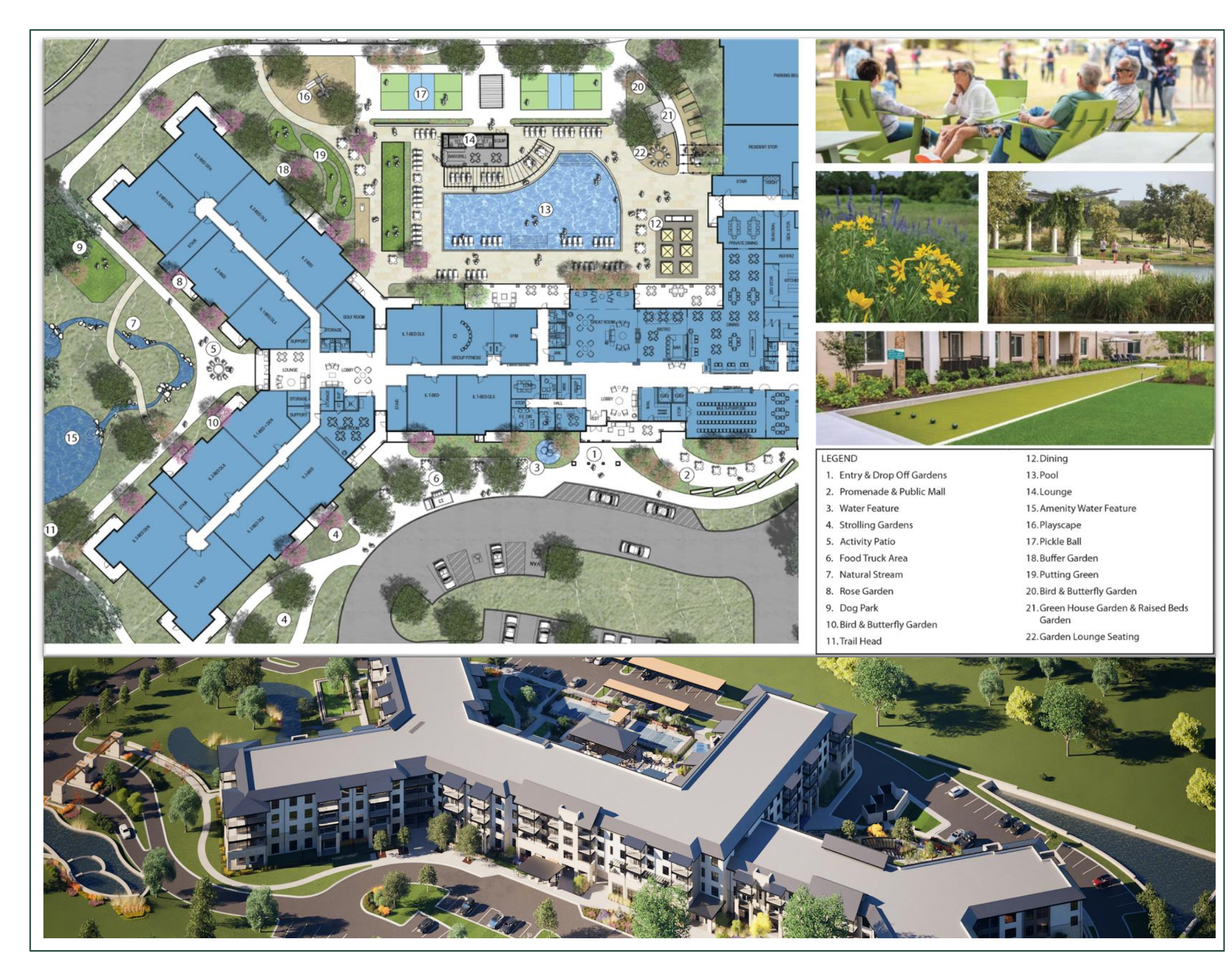Walking shown to slow advent of cognitive decline
Highlights
- Dementia wandering actually a healthy response to psychological symptoms
- Denied walking, residents can become aggressive leading to more medication
- Walking slows progress of disease, protects brain volume
Dementia causes the urge to wander. Type “dementia wandering” in google and the search field autocompletes on various methods of restriction.
But walking can be a healthy response to many of the disconcerting psychological symptoms of dementia diseases. Walking may be prompted to ease pain or boredom, a means to calm anxiety or just a favorite habit that predated their diagnosis. Regardless of why a person wanders, or put less symptomatically, why a resident walks about, it is a well-documented characteristic of memory-impairing diseases.
Memory care residents run the risk of severe anxiety and even physical expressions of anger, and if denied an outlet to walk as desired, aggression can escalate. In a conventional setting, that aggression may lead to dosage of psychotropic medication.
One alternative is to provide a lowered risk environment where wandering is not only permitted, but encouraged. By providing circulation paths and views to outside walking options, residents might avoid experiencing the frustration that builds when a locked door or dead-end corridor presents a distressing end to their objective.
Exercise from walking not only soothes the primary symptom, it will protect the brain’s volume and slow the cognitive decline in people across the spectrum of stages. Retention of independence and cognitive ability will in turn promote dignity and reduce caregiver stress and burnout.
References and Further Reading
Behavioral Symptoms
Walking Slows Progression of Alzheimer's
Physical Exercise as a Preventive or Disease-Modifying Treatment of Dementia and Brain Aging
Contact us here or call us at 512-231-1910













